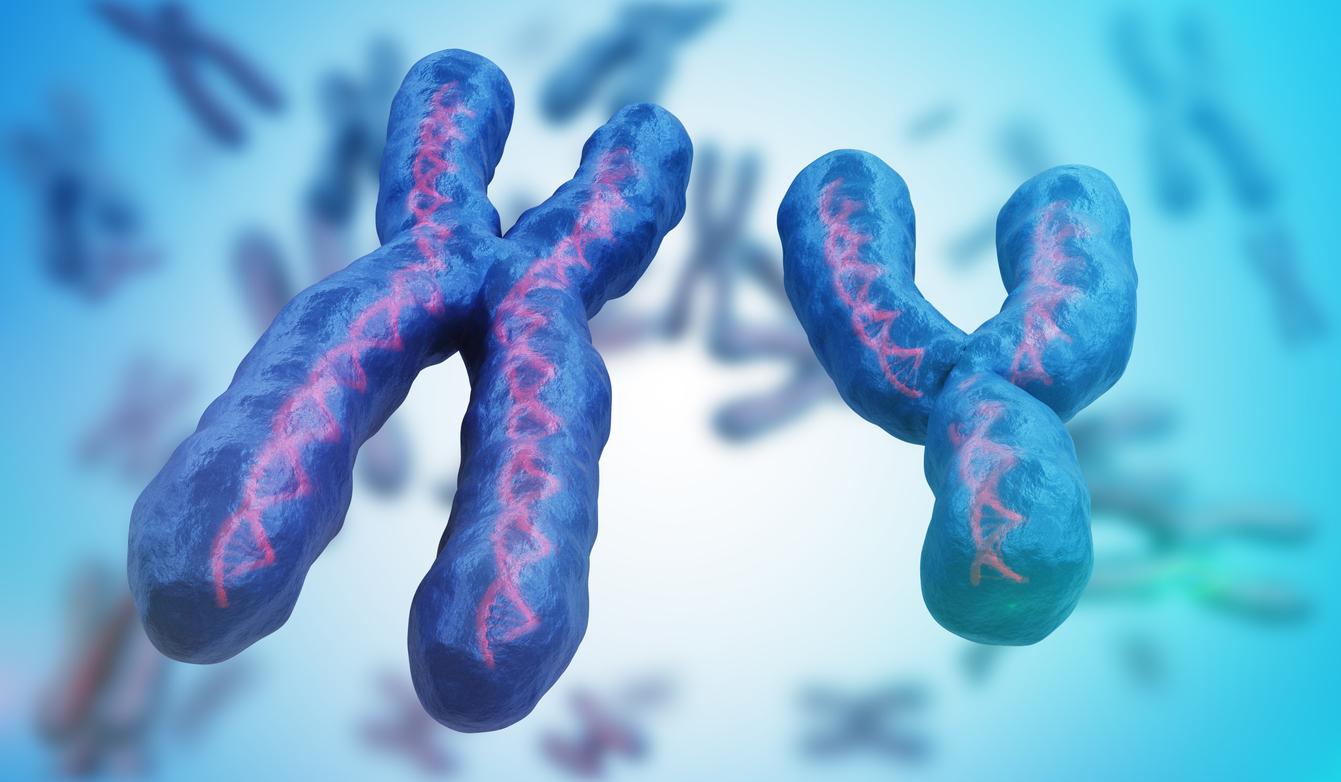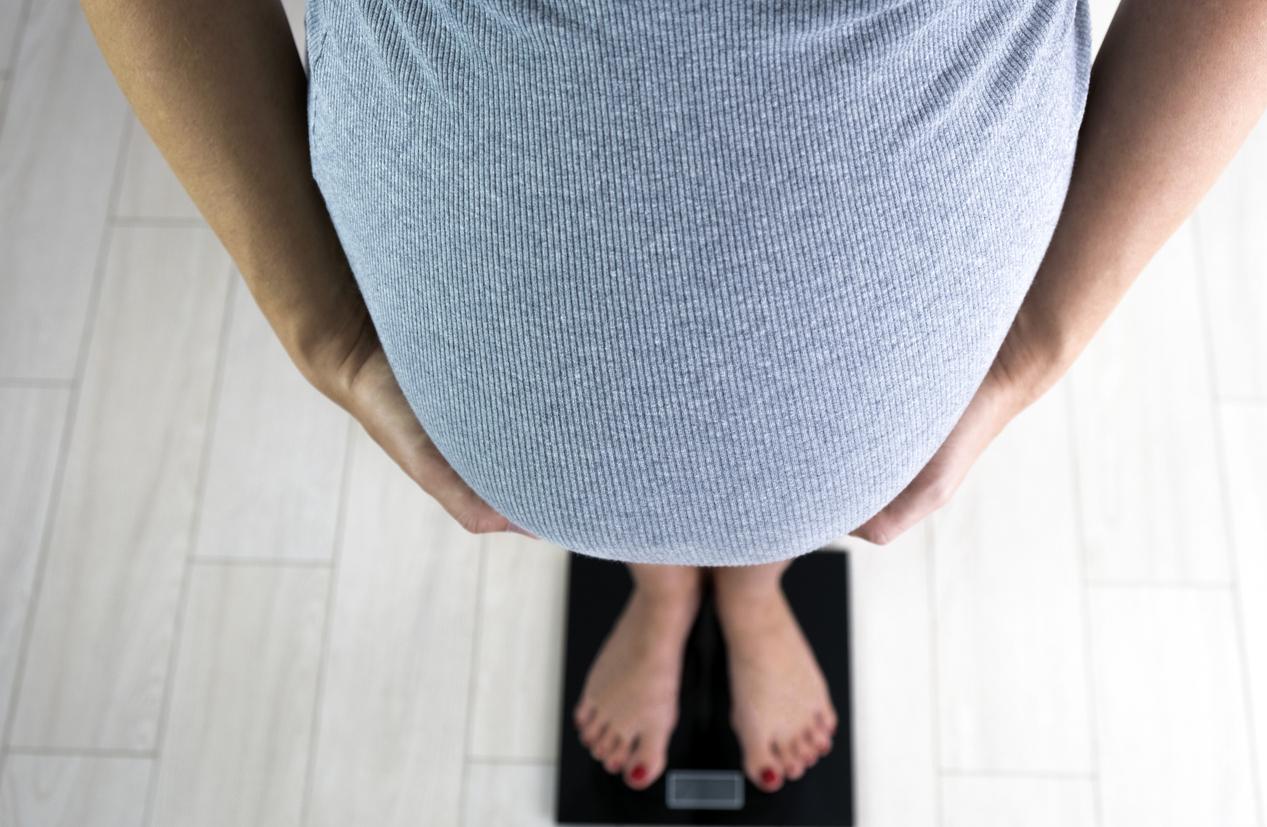A study carried out on mice suggests that the father’s age could play a role in the development of neurodevelopmental disorders in children, particularly those on the autism spectrum.

- A new Japanese study shows that changes in mouse sperm microRNAs caused by human aging can affect child development.
- Researchers have found that they lead to an increased risk of neurodevelopmental disorders such as those on the autism spectrum.
- For scientists, their discovery shows that there is a need to further explore the link between paternal age and potential health complications for children.
If the impact of maternal age when conceiving a child, such as an increased risk of miscarriage or Down syndrome, is well known, that of the father is much less well understood. However, a recent study carried out by a team of researchers from the Faculty of Medicine of the University of Tohoku in Japan revealed that the father’s age could also play a role in the development of disorders neurodevelopmental in children, particularly those on the autism spectrum.
Their discovery was presented in detail in the journal Scientific Reports in December 2023.
Trouble of development: are the alterations in sperm microRNAs involved?
In previous work, the Japanese team had demonstrated that epigenetic factors, such as DNA methylation in sperm, undergo changes during human aging. This time, she wanted to see if these modifications could be transmitted to the unborn child. The researchers thus examined age-related variations in microRNAs – small molecules ofRNA which regulate gene expression – in the sperm of 447 mice aged 3, 12 and 20 months.
The analyzes revealed significant differences depending on the age of the rodents. There were more changes in older animals. Some of these modified microRNAs are responsible for regulating the nervous system and genes linked to autism spectrum disorders. Scientists also noticed that they could be transmitted to fertilized eggs; vse which suggests that sperm aging increases the risk of disorders neurodevelopmental in children.
“Our study reveals a potential link to alteration of sperm microRNAs caused by paternal aging, highlighting the importance of studying the impact of sperm microRNAs on offspring,” explains the professor Noriko Osumihead of research, in a communicated.

Late paternity: better understand the impact of aging on sperm
For the Pr Osumiits discovery could contribute to understanding the mechanisms at the origin of neurodevelopmental disorders. It also shows the importance of exploring the link between paternal age and potential complications for children’s health.
“Although age-related changes in oocytes are well documented, much of the focus has been on sperm fertility. Recognizing the myriad of epigenetic transformations associated with sperm aging, as evidenced by the microRNAs examined in this study, becomes imperative“, adds the scientist.
However, it is important to emphasize that this study was conducted on mice and that additional research is needed to confirm these results in humans.

















